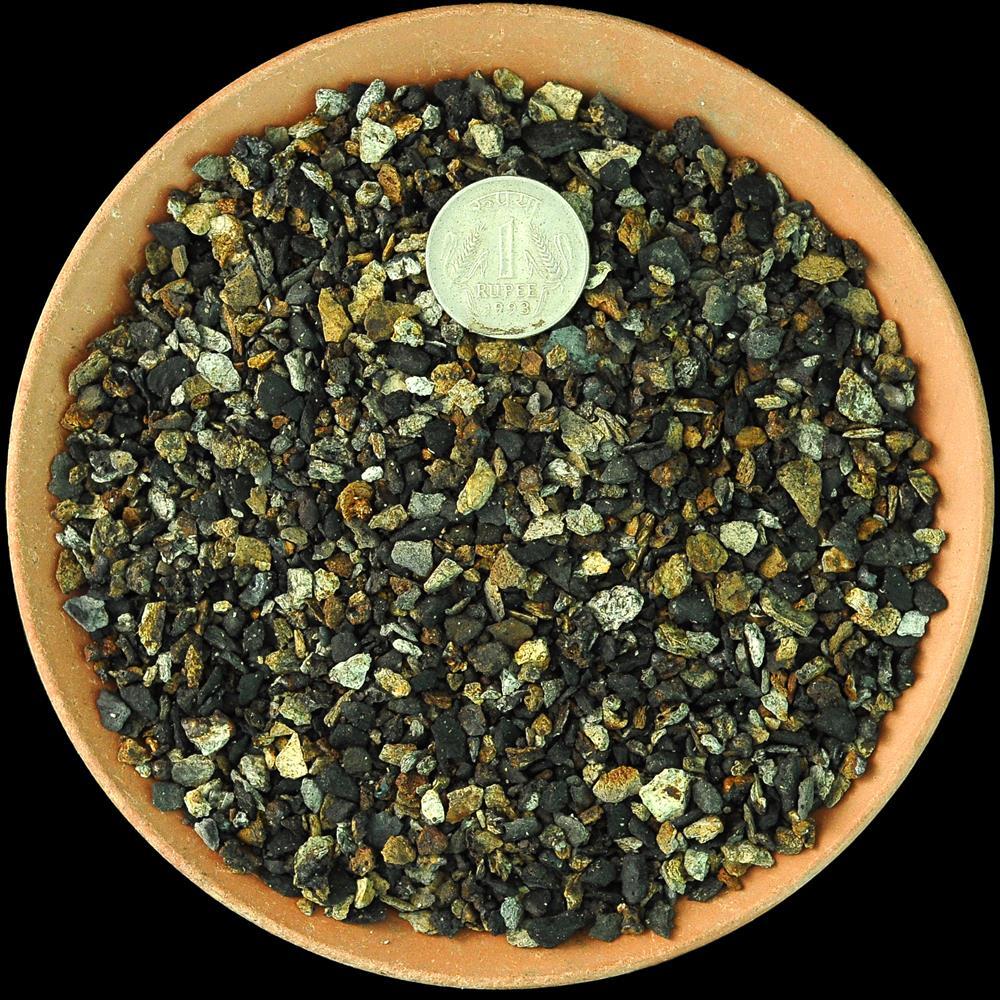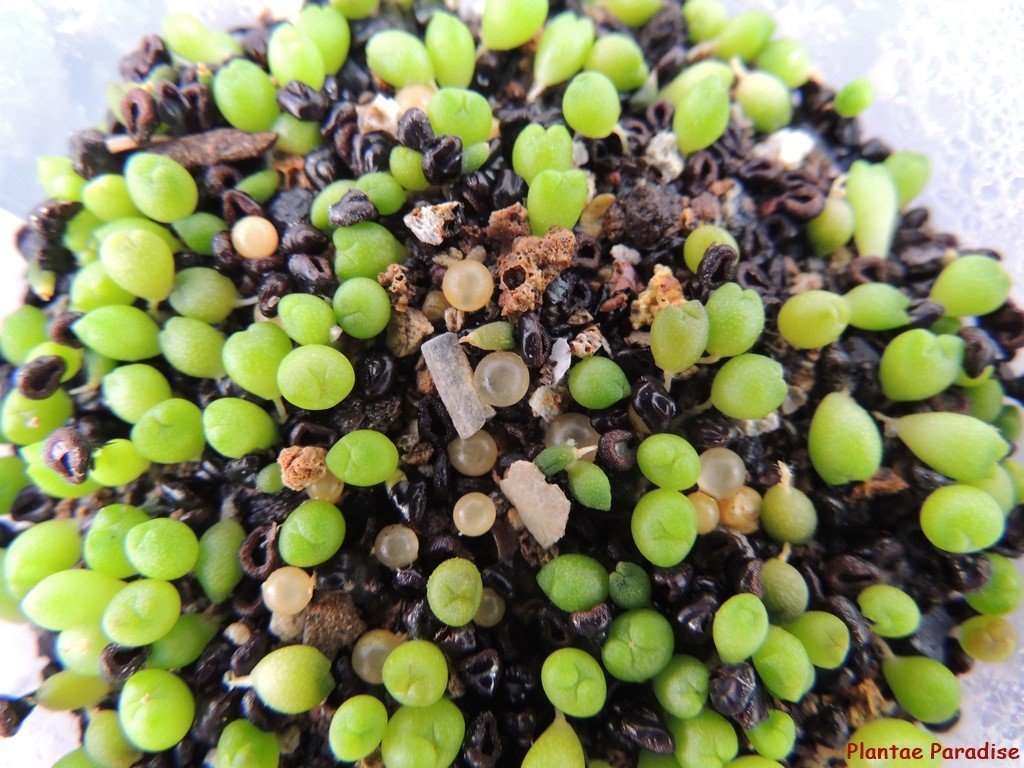In today's eco-conscious world, the shift towards sustainable gardening practices is gaining momentum. One of the essential elements contributing to a more environmentally friendly garden is the use of organic potting soil. In this blog, we'll delve into the significant environmental benefits of choosing organic potting soil for your gardening needs.
Ø Why Go Organic with Your Potting Soil?
Organic potting soil, as the name suggests, is derived from natural and organic materials. It's free from synthetic chemicals, pesticides, and harmful additives that are often found in conventional potting soils. This fundamental difference has a host of positive impacts on the environment. Let's explore them in more detail:
- Reduced Chemical Runoff: When you use organic potting soil, you eliminate the risk of harmful chemical runoff into your local ecosystem. This is not only good for your garden but also for the broader environment.
- Preserving Soil Health: It is known for its ability to improve and maintain soil health. This means that when it eventually finds its way into the ground, it enriches the soil rather than degrading it.
- Protecting Beneficial Microorganisms: It supports beneficial soil microorganisms. These microorganisms play a vital role in nutrient cycling and maintaining ecological balance.
- Lower Carbon Footprint: The production of organic potting soil typically involves fewer carbon emissions compared to the energy-intensive processes used for synthetic soil production. This makes it a more sustainable choice for eco-conscious gardeners.
- Promoting Biodiversity: By using this, you contribute to the preservation of biodiversity. The absence of harmful chemicals helps protect essential pollinators, like bees and butterflies, and other beneficial insects.
- Enhancing Water Quality: It helps prevent contamination of local water sources. It encourages better water filtration and reduces the leaching of harmful substances.
- Supporting Sustainable Agriculture: The use of it encourages sustainable agricultural practices, which, in turn, promotes a more sustainable and environmentally friendly food system.

Ø The Vital Role of Organic Potting Soil in Soil Health
Soil health is the bedrock of successful gardening and agriculture. Maintaining soil health is crucial for long-term sustainability and disease prevention in your garden. Organic potting soil plays a pivotal role in achieving these goals.
Additionally, it is free from synthetic chemicals, pesticides, and harmful additives. By avoiding these harmful substances, you create an environment that's less prone to soil degradation and contamination.
In the long run, the use of this type of soil not only ensures healthier plants but also contributes to the overall sustainability of your garden. Healthy soil can be reused season after season, reducing waste and benefiting the environment. So, when you invest in organic soil, you're investing in the long-term health and sustainability of your garden.
Ø The Bottom Line: Organic Potting Soil for a Healthier Planet
In summary, choosing organic potting soil for your gardening needs is not only a decision that benefits your plants but also one that positively impacts the environment. The elimination of harmful chemicals, support for beneficial microorganisms, and reduced carbon footprint all contribute to a healthier, greener planet.
If you're looking to make a positive change in your gardening practices, consider Plantae Paradise for best soil product. By doing so, you'll not only nurture your garden but also play your part in preserving the natural world around us. Embrace organic potting soil and contribute to greener gardens and a more sustainable future for all.


No comments yet